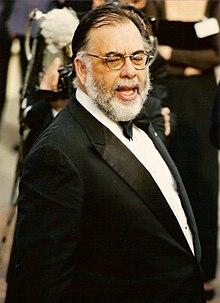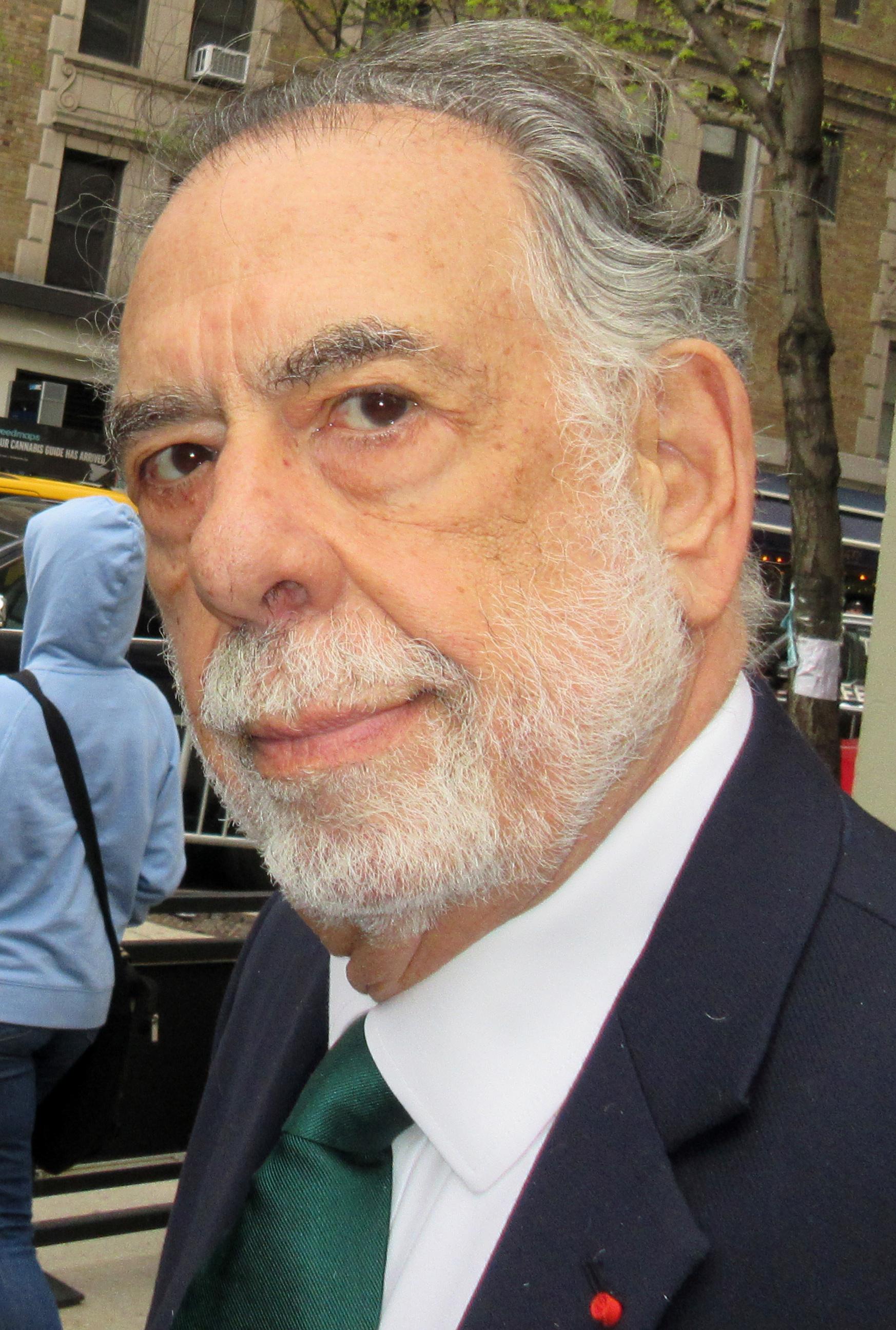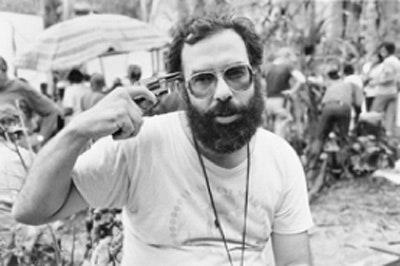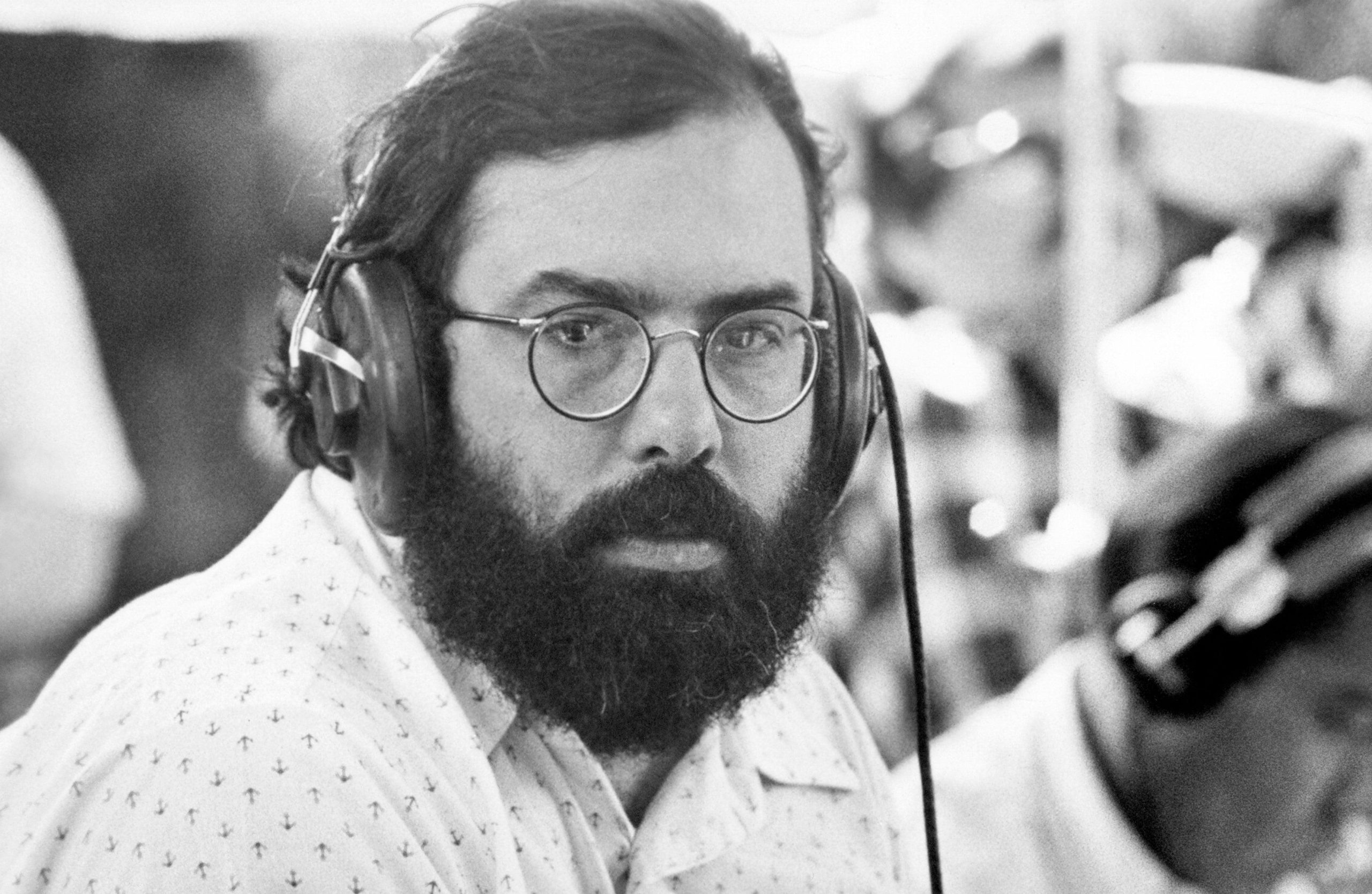In the pantheon of cinematic legends, few names resonate as profoundly as Francis Ford Coppola. A towering figure in the world of filmmaking, Coppola’s visionary work has shaped the landscape of modern cinema, with masterpieces like The Godfather and Apocalypse Now etching his name into the annals of Hollywood history. Yet, as the relentless march of time ushers in new waves of filmmakers and evolving tastes, one can’t help but wonder: has the luster of Coppola’s legacy dimmed in the contemporary era? This exploration delves into the enduring impact of Coppola’s contributions to film, examining whether his artistic genius continues to cast its shadow over today’s cinematic world or if it has been eclipsed by the shifting sands of time and cultural evolution.
Legacy in Lights: A Cinematic Journey Through Coppolas Filmography
Francis Ford Coppola, a titan of the film industry, has crafted a cinematic legacy that resonates through generations. His masterpieces, such as The Godfather and Apocalypse Now, have become cornerstones of film history, influencing countless directors and writers. Yet, in today’s fast-paced entertainment world, some might wonder if his impact has dimmed over time. In examining Coppola’s enduring influence, we can explore the elements that continue to define his work:
- Innovative Storytelling: Coppola’s ability to weave intricate narratives with profound themes remains a benchmark for aspiring filmmakers.
- Character Depth: His characters, complex and multifaceted, have set a standard for character development in cinema.
- Visual Aesthetics: The distinctive visual style of Coppola’s films, marked by meticulous attention to detail, continues to inspire visual storytelling today.
- Cultural Impact: His exploration of American identity and societal issues through film has left a lasting cultural imprint.
While the spotlight may have shifted to newer voices in the industry, Coppola’s contributions to film remain influential. His works not only serve as educational tools for film students but also as enduring entertainment for audiences worldwide, ensuring that his legacy, far from fading, continues to illuminate the path for future filmmakers.
The Evolution of a Maestro: Analyzing Coppolas Influence in Modern Cinema
Francis Ford Coppola, a luminary of 20th-century cinema, has undeniably left an indelible mark on the film industry. His masterpieces like The Godfather and Apocalypse Now have become cultural touchstones, setting benchmarks in storytelling and directorial prowess. However, as the cinematic landscape continues to evolve, one might wonder if his influence remains as potent today. Modern filmmakers frequently draw from Coppola’s techniques, whether through his pioneering use of atmospheric tension or his skillful character development. Yet, in an era dominated by digital effects and fast-paced narratives, the subtleties of Coppola’s style may sometimes seem overshadowed by contemporary trends.
- Narrative Depth: Coppola’s emphasis on character-driven stories is echoed in the works of directors like Christopher Nolan and Denis Villeneuve, who strive for layered storytelling.
- Visual Storytelling: His use of light and shadow to evoke emotion is a technique that continues to inspire cinematographers today.
- Collaborative Creativity: Coppola’s collaborative spirit with actors and writers set a precedent for the creative processes seen in many successful films today.
While the film industry has transformed dramatically since Coppola’s heyday, his artistic fingerprints remain evident in the narratives and aesthetics of modern cinema. His legacy, though perhaps more subtle in today’s fast-paced environment, continues to guide and inspire a new generation of filmmakers.

Beyond the Godfather: How Coppolas Later Works Resonate Today
While “The Godfather” trilogy stands as a towering achievement in film history, Francis Ford Coppola’s later works offer a unique tapestry of storytelling that continues to captivate audiences today. His post-Godfather films delve into themes that are remarkably relevant in our contemporary world. “Apocalypse Now”, for instance, explores the chaos of war and the psychological impact it has on humanity, a theme that echoes in today’s discussions about global conflicts. Similarly, “The Conversation” delves into privacy and surveillance, topics that have only grown more pertinent in the digital age.
- Innovative Storytelling: Films like “Rumble Fish” and “Tetro” showcase Coppola’s willingness to experiment with narrative structure and visual style, influencing modern filmmakers who push the boundaries of conventional cinema.
- Family Dynamics: In “The Rainmaker” and “Youth Without Youth,” Coppola revisits the complexities of family relationships, a timeless subject that resonates with audiences of all ages.
- Philosophical Undertones: His work often questions existential themes, as seen in “Bram Stoker’s Dracula,” where the nature of good and evil is examined, reflecting ongoing societal debates.
By continuously challenging both himself and his audience, Coppola’s later films demonstrate a legacy that has not faded but evolved, speaking to the enduring power of cinema to reflect and critique the human experience.

Preserving a Legacy: Strategies for Revitalizing Coppolas Cultural Impact
Revitalizing the cultural impact of Francis Ford Coppola requires a multifaceted approach that honors his contributions while adapting them for contemporary audiences. One effective strategy is the creation of immersive experiences that allow fans to engage with his work in innovative ways. Interactive exhibits and virtual reality installations can bring the world of “The Godfather” or “Apocalypse Now” to life, offering a fresh perspective on these classics. By utilizing modern technology, we can bridge the gap between Coppola’s era and today’s digital age, ensuring his legacy resonates with both longtime admirers and new generations.
Additionally, fostering collaborations with emerging filmmakers can serve as a tribute to Coppola’s visionary spirit. By offering mentorship programs or collaborative projects, young directors can draw inspiration from his storytelling techniques and thematic depth. This not only perpetuates his influence but also encourages innovation in the film industry. Other initiatives might include:
- Retrospective film festivals featuring Coppola’s works alongside modern interpretations.
- Educational workshops exploring his directorial style and its impact on cinema.
- Digital archives showcasing behind-the-scenes footage and interviews to provide deeper insights into his creative process.
These strategies not only preserve Coppola’s legacy but also invite new dialogues around his enduring influence on the cinematic landscape.









